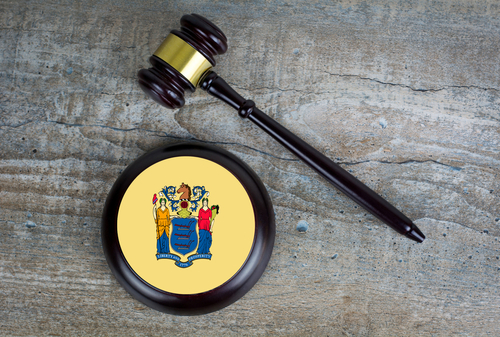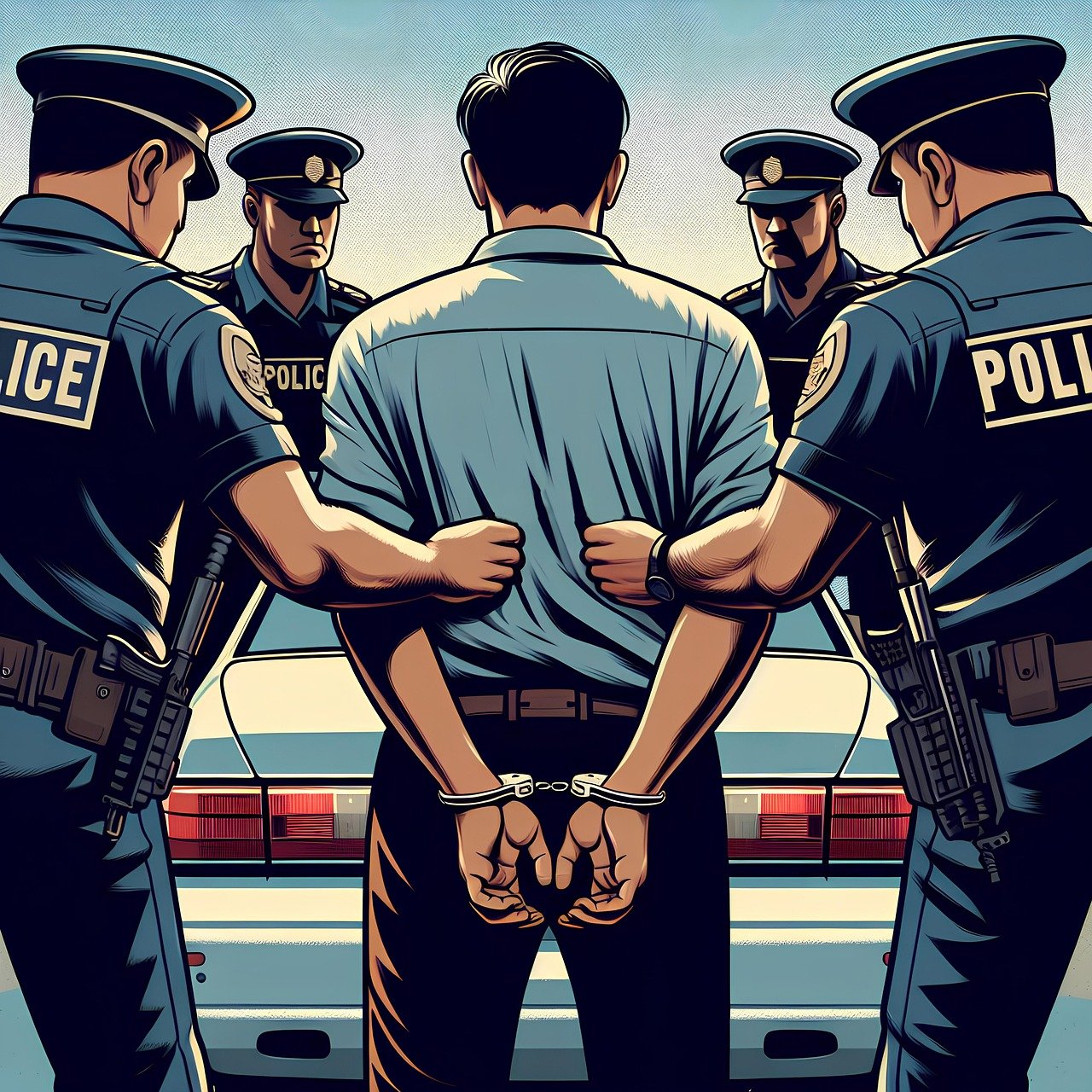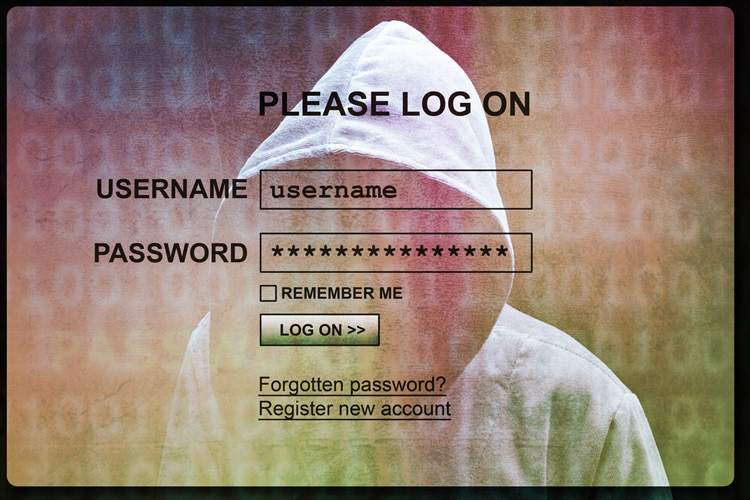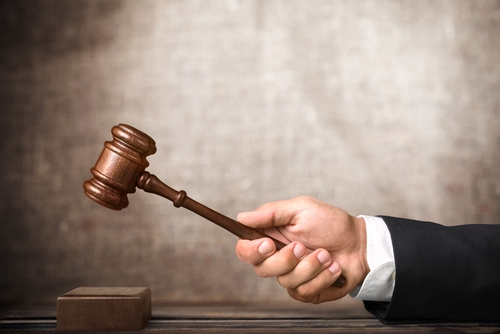New Jersey bar can reserve seats for members of underrepresented group, says appeals court
First Amendment
New Jersey bar can reserve positions for members of underrepresented groups, appeals court says
December 23, 2024, 2:22 pm CST
A state appeals court has ruled that the New Jersey State Bar Association has a First Amendment right to expressive association that would be violated if forced to change a diversity program for leadership positions. (Image from Shutterstock)
The New Jersey State Bar Association has a First Amendment right to expressive association that would be violated if forced to change a diversity program for leadership positions, a state appeals court has ruled.
The Superior Court of New Jersey’s Appellate Division ruled Dec. 20 against Rajeh A. Saadeh in his lawsuit alleging that the program violated the New Jersey Law Against Discrimination.
Law360 has coverage.
The diversity program reserves 13 out of 94 leadership positions in the bar for members of certain underrepresented groups. Saadeh is a Palestinian Muslim American attorney who was not eligible for the positions.
The bar association had maintained that it had a First Amendment right to select leaders consistent with its values regarding diversity in the legal profession. The appeals court agreed.
Requiring the New Jersey State Bar Association to change or eliminate its program would “significantly burden the expression of its views, thus running afoul of the association’s First Amendment right of expressive association,” the appeals court said.
The appeals court cited the 2000 U.S. Supreme Court decision in Boy Scouts of America v. Dale, which held that the Scouts had a First Amendment right of expressive association that protected its decision to oust an openly gay assistant scoutmaster.
“Applying Dale to the undisputed facts in this record establishes beyond peradventure that the bar association qualifies as an expressive association, and that compelling it to end its practice of ensuring the presence of designated underrepresented groups in its leadership would unconstitutionally infringe its ability to advocate the value of diversity and inclusivity in the association and more broadly in the legal profession,” the appeals court said.
The appeals court did not decide whether the program amounted to unlawful discrimination because of the First Amendment holding.
A trial judge had ruled that the diversity program was a “quota system” that violated the law.
Saadeh “will promptly seek correction” of the appellate decision, Lindsay McKillop, his lawyer, told Law360.
The New Jersey State Bar Association applauded the decision in a Dec. 20 press release.






